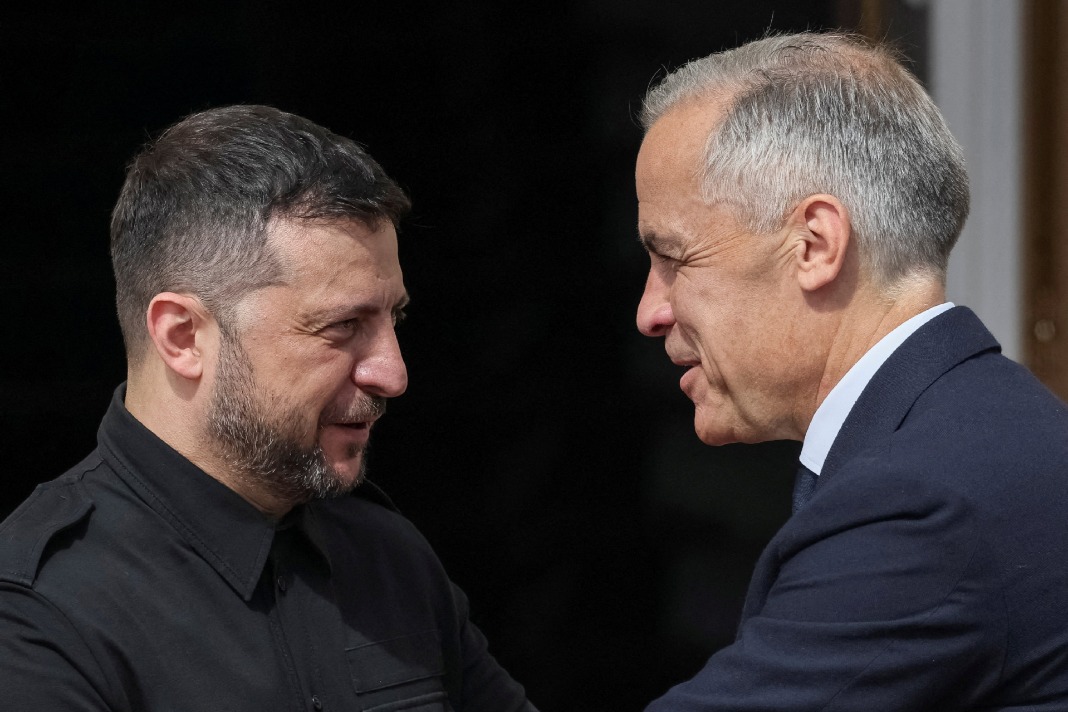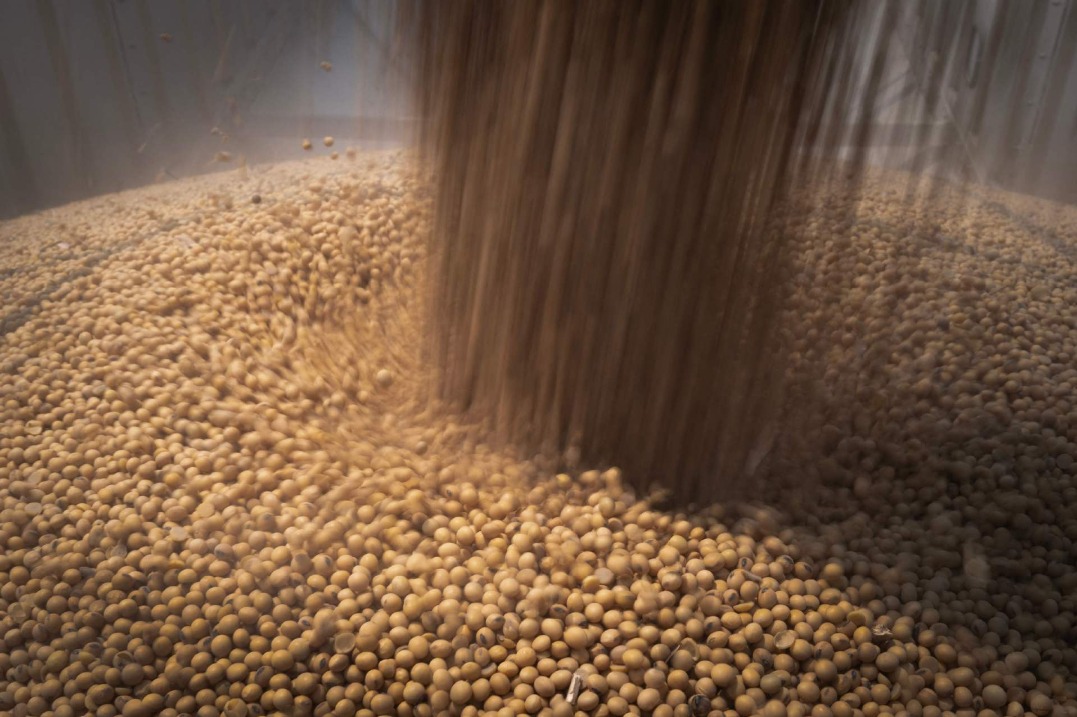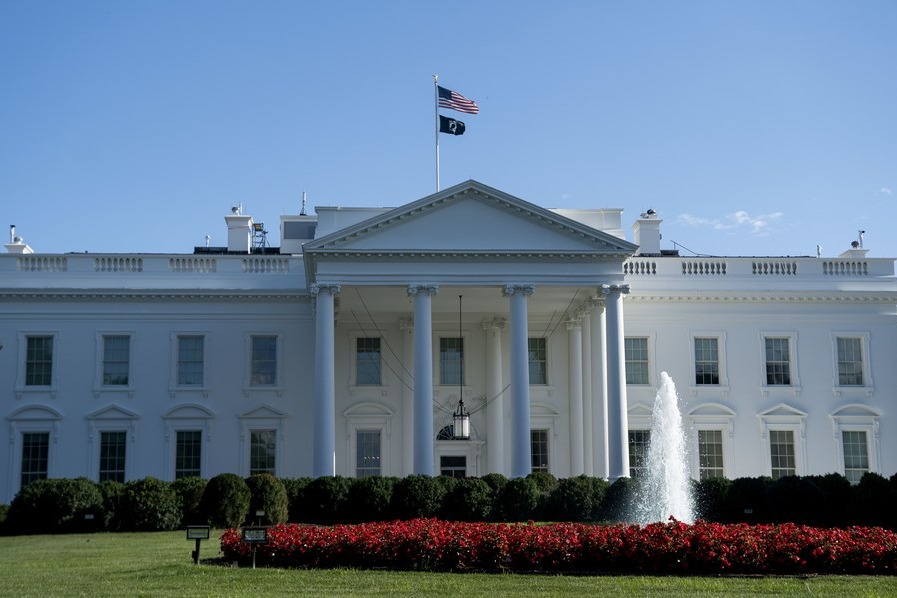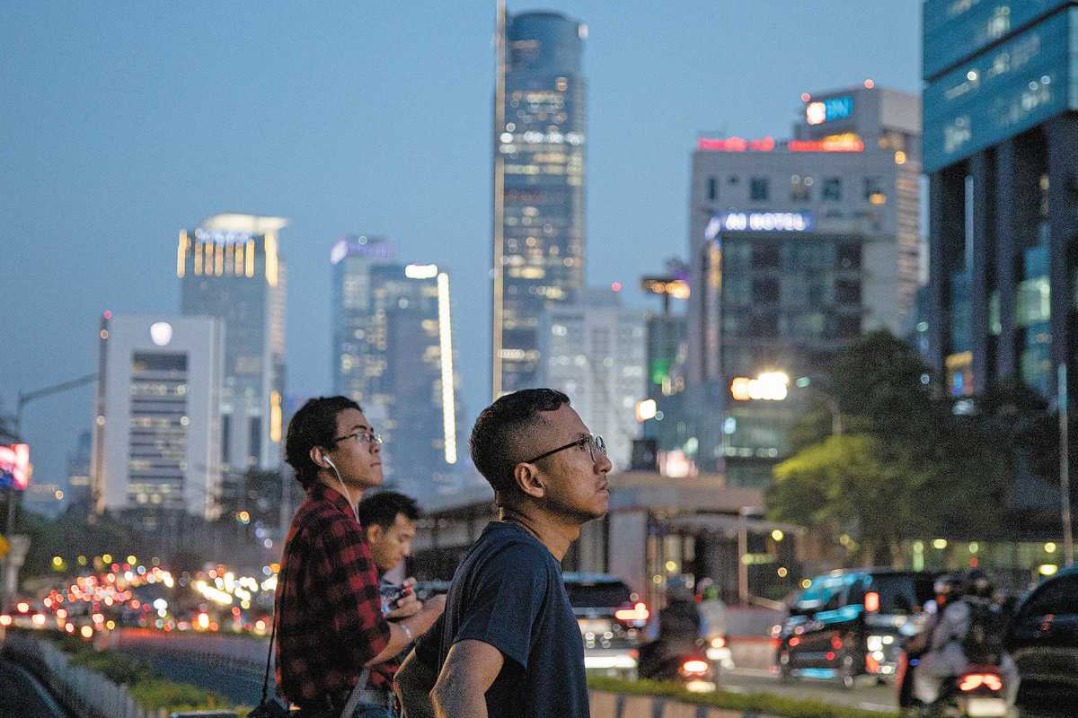China has made great strides with the WTO

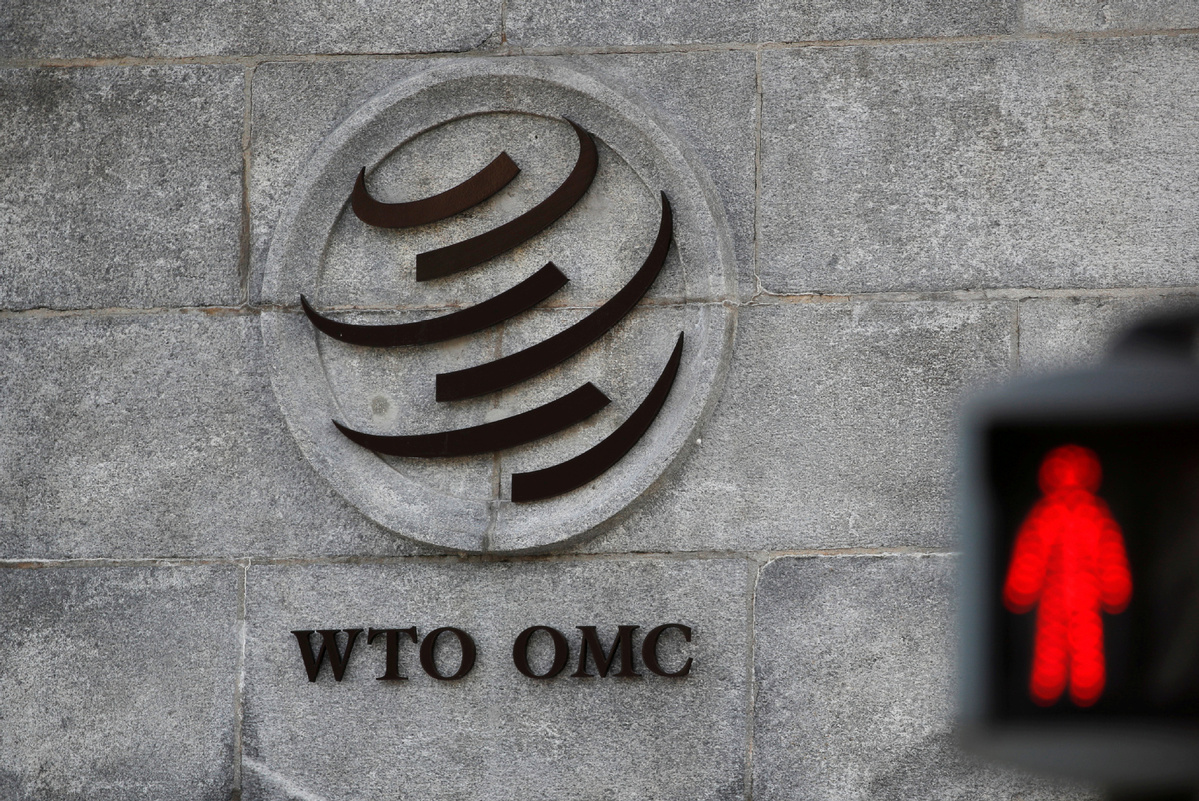
China went through an arduous, 15-year negotiation period before joining the World Trade Organization in December 2001.
President Xi Jinping, in his speech at the World Economic Forum 2017 in Davos, said China initially had doubts about joining the WTO, but eventually came to the conclusion that "integration into the global economy is a historical trend".
"To grow its economy, China must have the courage to swim in the vast ocean of the global market," Xi said.
History has shown it was the correct path to facilitate China's integration into the global economy.
China has benefited from its WTO membership. Through its reform efforts and global market access opportunities, the country climbed rapidly to become the world's largest exporter by 2010.
Since 1978, when China started to open up its economy, its economic performance-in terms of overall growth, lifting people out of poverty and international competitiveness-h(huán)as been unsurpassed.
Progress has been made to clean up shadow financing activities, while the renminbi has been accepted as a global currency by the International Monetary Fund.
Amid all these outcomes, China was mindful of the unfinished reform agenda.
China's urge to deepen reform gained more traction from the report China 2030: Building a Modern, Harmonious and Creative Society, which was a joint effort of a research team from the Chinese government and the World Bank.
The report offers honest comments on China's key strategic economic challenges, including the need for more competition within the economy, continuing reform of State-owned enterprises, system-wide innovation, sustaining green growth, social protection and staying engaged in its integration with global markets.
With the launch of China's 12th Five-Year Plan (2011-15), the reform process became deeper.
With regard to technology, China speeds up its technological climb by investing heavily in research and development to move away from traditional labor-intensive manufacturing.
Led by China, Japan, South Korea and India, for example, Asia will close the technology gap with the West sooner or later. Trade competitiveness will be enhanced and developing countries will be able to clear the middle-income hurdle and compete more on an even basis with the industrialized world.
Developing countries used to complain about the lack of an even playing field at the multilateral trade level. But now it seems that leading economies like the United States and the European Union might even take this complaint to the level that they demand holistic reform of the WTO.
What is alarming is the threat posed by unilateral trade restrictions, which can lead to a global contraction of trade volume, eventually leading to a global economic slowdown.
No economy, however large, can solve its trade deficit by using trade restrictions to penalize its trading partners.
Meanwhile, to balance its dependence on external demand with domestic demand, China has kept up its services sector as well as reform of State-owned enterprises.
After substantial SOE reform in the 2000s, China maintains State supervision over some key strategic industries, for example those linked to national security and the financial sector.
Xi's pledge to reinvigorate the SOE reform process at the 19th National Congress of the Communist Party of China in 2017 was a timely push.
Since its accession to the WTO in 2001, China has made great strides toward full compliance with its multilateral rules and regulations.
As WTO membership has facilitated China's massive economic reform to become one of the strongest trading nations, the world has also enjoyed the benefits of China's membership.
President Xi has been right in reiterating that China's development hinges closely on the strength of the multilateral system.
It should be expected that China will play its part in building on the lessons learned from the past 18 years as a WTO member, and together with other members forge a well-equipped WTO to deal with challenges in the years to come.
The author is a former director-general of the World Trade Organization. The views do not necessarily reflect those of China Daily.

















